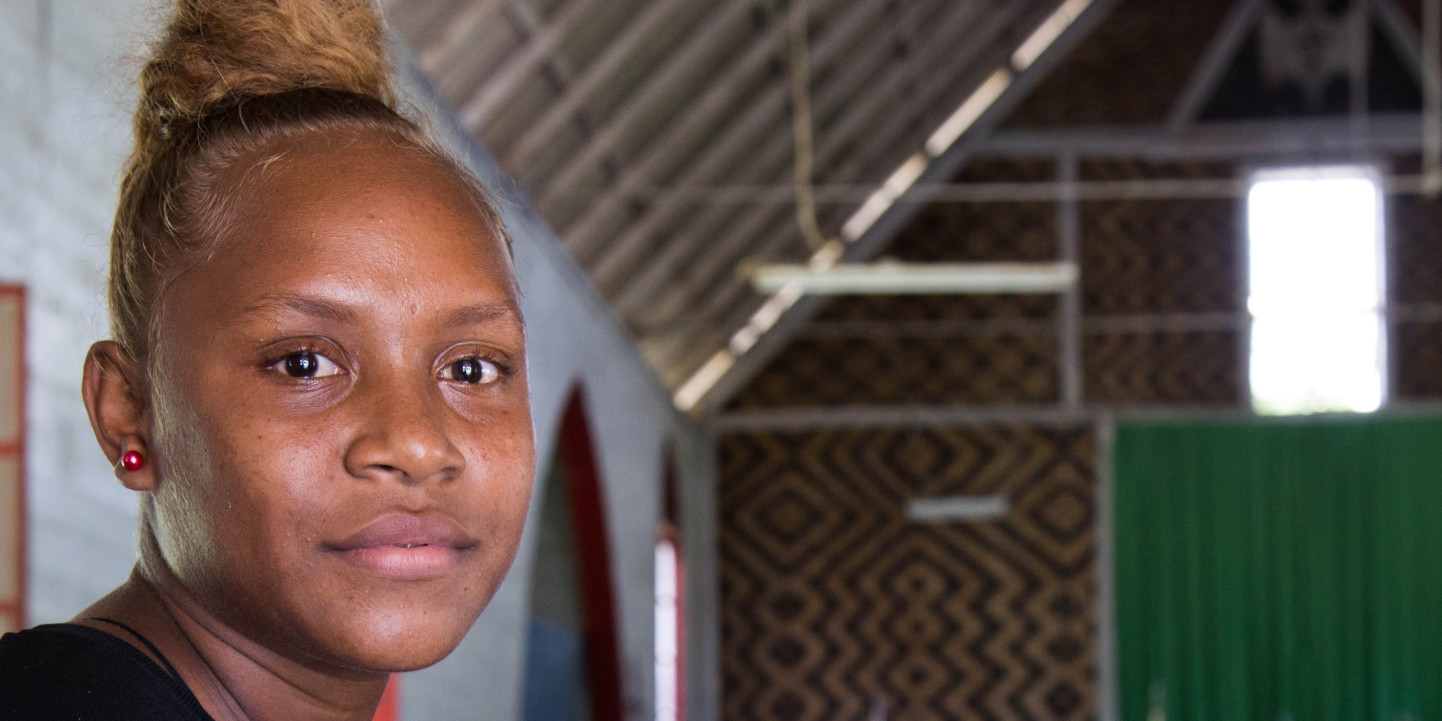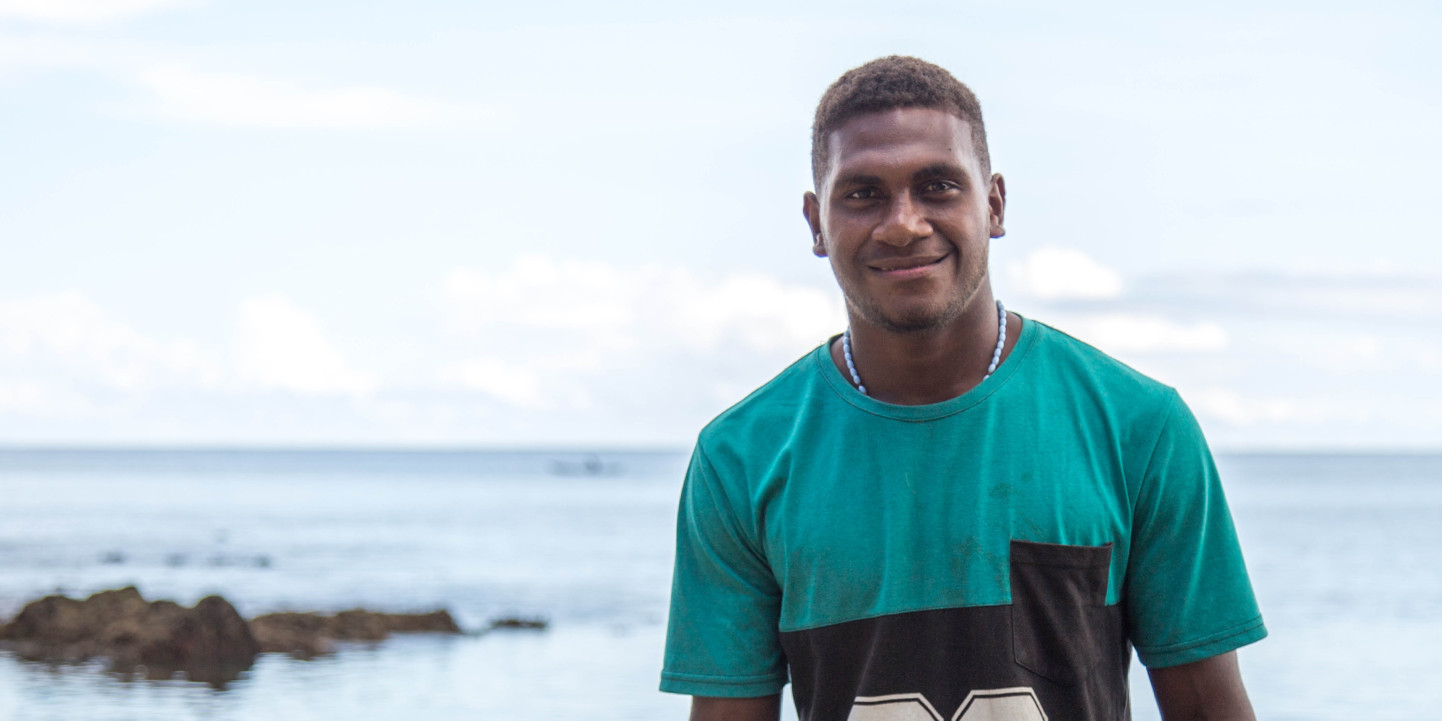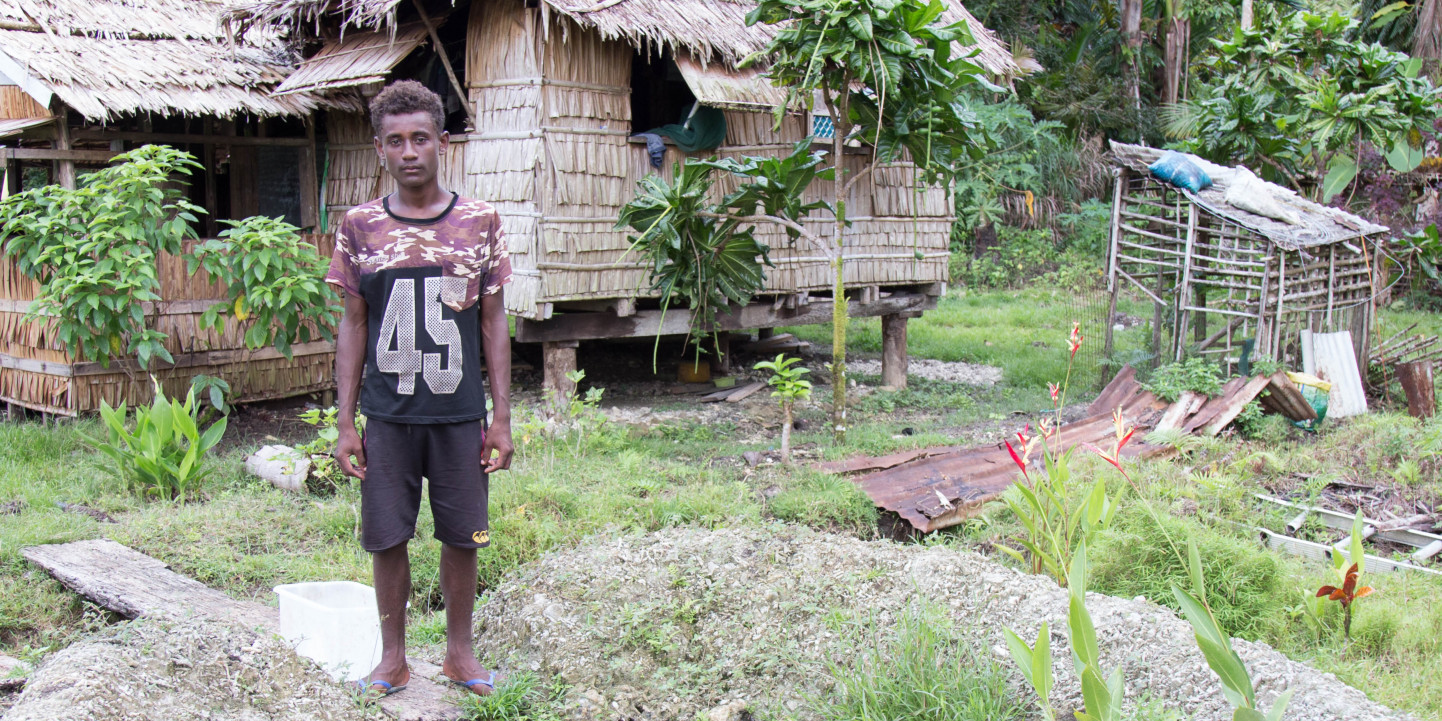Despite contributing very little to global carbon emissions, Solomon Islands is at the forefront of the climate crisis. And children are at the heart of it.
Every child will now inherit a planet with more severe and more frequent extreme weather events than ever before because of a failure of past and current generations to protect their rights and their future. It’s clear that the way of life that has sustained communities in Solomon Islands for centuries is under threat.
How we’re supporting our Pacific neighbours
Save the Children helps equip children to take the lead for developing solutions that address the impact of climate change, both now and in the future. This includes setting up early warning systems for cyclones and planning disaster responses that protect schools, so students can continue their education even in emergencies.
We’re also working with the United Nations’ Green Climate Fund to improve access to climate change impact data, which will help inform local and national governments.
Thanks to our supporters, we’re working with local communities and schools on how they can develop preventative measures helping them respond to the impacts of the climate crisis. With natural disasters like cyclones becoming more common and likely to become more intense and destructive, it’s vital that communities are prepared.
We need to come together and act now, before it's too late
Cinderella remembers the perfect atmosphere on New Year’s Eve 2018. There wasn’t a cloud in the sky, the stars were twinkling, and the ocean was calm. But the weather suddenly changed: strong winds blew against the houses, waves carrying sea debris crashed onto the land, and coconut trees were uprooted and thrown to the ground. Cinderella and her family sheltered from the cyclone in their village church.
It took three months to rebuild their home, which they feared would be torn down again in the weather. To prepare for the next storm, the village chief planted trees along the coastline to stop flooding and dug drains behind the village to direct the water during rainy seasons. But there’s more work to be done. Cinderella’s ask is that “we need to come together and act now, before it’s too late”.
Ian remembers the coastal areas of his youth
Ian* remembers the coastal areas he used to play in as a child. There was a natural pool filled with fish, prawns and colourful sea creatures. He remembers how much fun his family had there and how many hours they’d spend swimming and fishing.
Recently he visited the area again – but it doesn’t look like it did before. Ian tells us, “The pool was now really deep as well. I could barely see any of the sea creatures. I was so confused because I had never seen something like this before. Lots of coastal areas like this have been flooded as the sea has continued to rise. The trees and coconuts that would usually guard the coastline have been destroyed by the rising water.”
Climate change is making our islands uninhabitable
Matthew and his family used to use a freshwater well for washing and cooking. But now the sea has risen so much, the wells are full of saltwater and are unusable. Matthew says it’s now really hard to find fresh water for his village. He tells us, "Climate change is making our islands uninhabitable. If nothing is done, this will result in climate refugees who have no place to seek shelter.”
*names changed to protect identities
How you can help
A gift to our Solomon Islands appeal will bring much-needed water tanks and hygiene facilities to three schools. On top of the growing climate crisis, the islands are dealing with a second wave of COVID-19. In 2022, schools have been shut for six months due to the virus. Too many children are missing out on their education.
To get children back to school safely, it’s vital that we prepare schools with the hygiene facilities they need to keep children and communities safe. Please help us reach children in Solomon Islands with a donation today.




